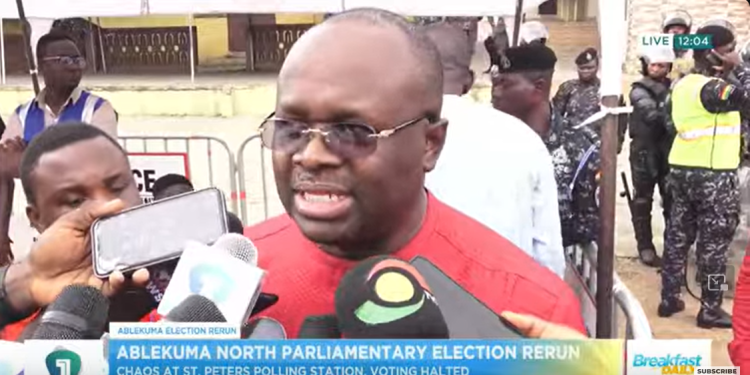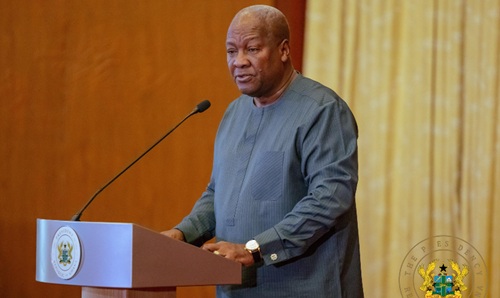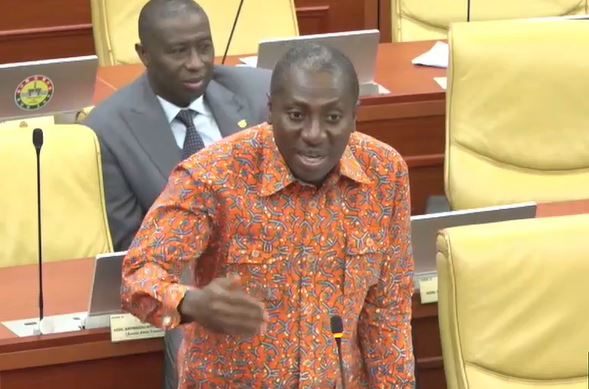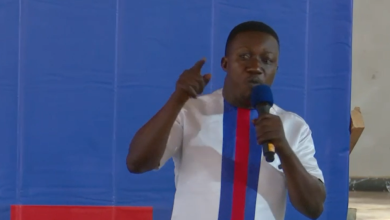
The Minister for Defence, Dr. Edward Omane Boamah, has defended the government’s decision not to deploy military personnel for the Ablekuma North parliamentary rerun, despite tensions in the constituency.
His comment comes after a group of unidentified heavily bodied men stormed the St Peter’s Methodist Church, a polling station in Ablekuma North, and disrupted the voting process.
The New Patriotic Party’s parliamentary candidate, Nana Akua Afriyie, was severely assaulted, while the former Fisheries Minister, Hawa Koomson, was also assaulted by the Macho men who stormed the polling station.
Prior to the start of the polls, the Defence Minister issued a statement confirming that the Ghana Armed Forces would not be deployed, insisting that law enforcement duties in this case fall squarely within the remit of the police.
Defence Minister justifies no military deployment in Ablekuma North rerun

The Minister for Defence, Dr. Edward Omane Boamah, has defended the government’s decision not to deploy military personnel for the Ablekuma North parliamentary rerun, despite tensions in the constituency.
His comment comes after a group of unidentified heavily bodied men stormed the St Peter’s Methodist Church, a polling station in Ablekuma North, and disrupted the voting process.
The New Patriotic Party’s parliamentary candidate, Nana Akua Afriyie, was severely assaulted, while the former Fisheries Minister, Hawa Koomson, was also assaulted by the Macho men who stormed the polling station.
Prior to the start of the polls, the Defence Minister issued a statement confirming that the Ghana Armed Forces would not be deployed, insisting that law enforcement duties in this case fall squarely within the remit of the police.
Despite the violence that erupted, the defence minister, while speaking to Channel One TV’s Jude Duncan, rejected suggestions that the police were overwhelmed or “helpless” in handling tensions on the ground.
“I do not think you are being fair to the police when you say the police were helpless. The police are a very professional institution. When you do not see them reacting with force, it does not mean they are helpless,” he said.
He cautioned against lowering the threshold for military intervention in civilian matters, warning of the dangers of normalising military presence in democratic processes.
“This is where you may go wrong in justifying the invitation of the military. If it becomes abundantly clear that the military should restore order in the country, they will do it. But the military should not be the first point of call,” he stated.
Referencing past incidents, Dr. Boamah added, “We have seen it in this country where the military stormed the Parliament of Ghana. Is that the kind of democracy we want? Certainly not. That is not the kind of country the president wants.”
He further urged the public to keep the situation in perspective, emphasising that only a portion of the constituency is involved in the rerun.
“We should note at all times that it is not the entire constituency that is voting; it is only 19 polling stations. In the clustering system, you have a number of voting centres at a polling station. It does not mean the entire area is under tension,” he said.





